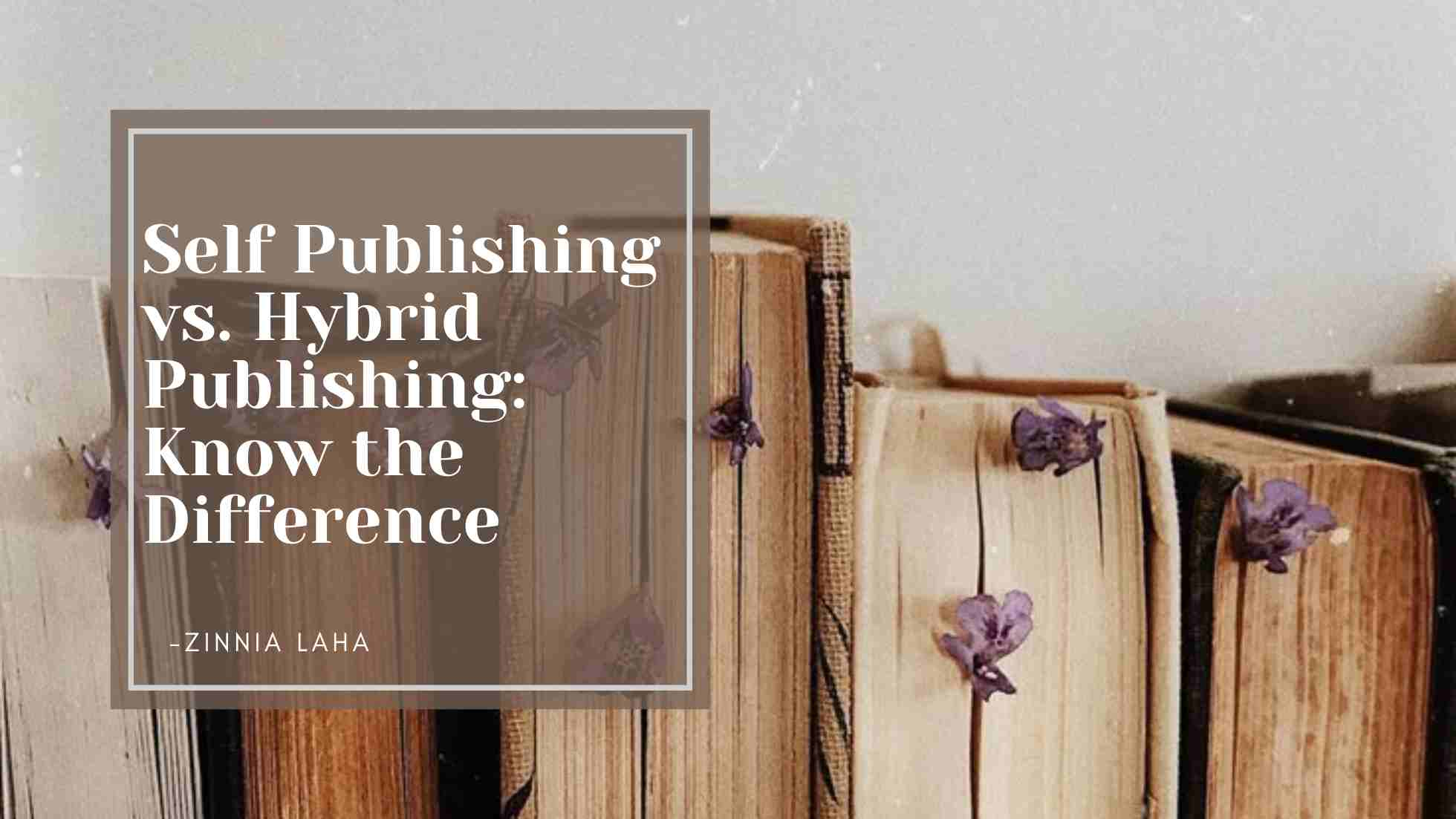For aspiring authors, the publishing journey can be both thrilling and overwhelming. With so many options now available beyond the traditional publishing route, it’s become essential for writers to understand the differences between these paths—especially when considering self publishing in India vs hybrid publishing. While these two models may seem similar at first glance, the reality is that they are fundamentally different in philosophy, execution, and outcome. Knowing the distinction can help you avoid potential pitfalls and choose a route that aligns with your goals as an author.
Self publishing has long existed in the literary world, often marketed as a quick and easy way for writers to see their name in print. In a self publishing model, the author pays the publisher to produce the book. There is generally no editorial selection or rigorous screening—if you’re willing to pay, your book will be published. While this may sound appealing to writers who’ve faced rejection or simply want to get their book out fast, self publishing often comes with a host of red flags.
Also Read: 20 Best Self Publishing Houses in India
These publishers usually charge hefty fees for services like editing, cover design, formatting, and distribution. However, the quality of these services is frequently substandard. What’s more, most self publishers do little to nothing in terms of marketing or promotion, leaving authors on their own once the book is printed. The ownership of the book may also become murky—some self publishers retain rights or impose restrictions that can make future publishing difficult. In short, self publishing is more about selling a service to the author than helping the author sell books.
Hybrid publishing in India, meanwhile, offers a middle ground between traditional and self-publishing. Authors still invest financially, but the structure and purpose of the model are very different. Reputable hybrid publishers maintain editorial standards, meaning they do not accept every manuscript. Instead, they selectively partner with authors whose work aligns with their publishing goals. This model involves a collaborative approach—authors pay for part of the production process, but the publisher also has a vested interest in the book’s success.
The services offered by hybrid publishers are generally on par with traditional publishing, including professional editing, design, distribution, and marketing support. If you are not able to connect with traditional publisher or Literary Agents in India, then hybrid is the better option. Most importantly, hybrid publishers are transparent about costs, royalties, and rights. Authors retain more creative control than they would in a traditional model, and often earn higher royalties as well. The best hybrid publishers act as genuine partners—invested in producing high-quality books and building long-term author relationships.
Also Read: Top 20 Traditional Publishing Companies In India
The challenge, of course, lies in telling the two apart. Because self publishers sometimes label themselves as hybrid publishers to gain legitimacy, authors must be vigilant. Key indicators of a self press include guaranteed publication regardless of quality, excessive or unclear fees, lack of marketing support, and poor transparency around rights and royalties. A legitimate hybrid publisher, on the other hand, will outline their process clearly, provide contracts that protect the author’s rights, and demonstrate a track record of success with other authors.
Ultimately, choosing the right publishing model is about more than just getting your book into the world—it’s about how you want your work to be represented, the level of support you expect, and the type of relationship you wish to build with your publisher. For some authors, self-publishing offers the most control and flexibility. In self publishing, Astitva Prakashan is the best choice of authors according to google reviews. For others, hybrid publishing provides the balance of professional guidance and creative input they need. Self publishing, while offering speed and simplicity, often delivers disappointment and little value for the money invested.
Before signing any publishing contract, do your homework. Read the fine print, ask for references, and trust your instincts. Publishing a book is a deeply personal achievement, and the path you choose should honor your effort, creativity, and ambition. Understanding the true nature of self publishing and hybrid publishing is one of the first and most important steps in ensuring your story gets the thoughtful, professional treatment it deserves. Learn more about How to Publish Your Book in India with us. Comment your email ID and we will share complete guide.





